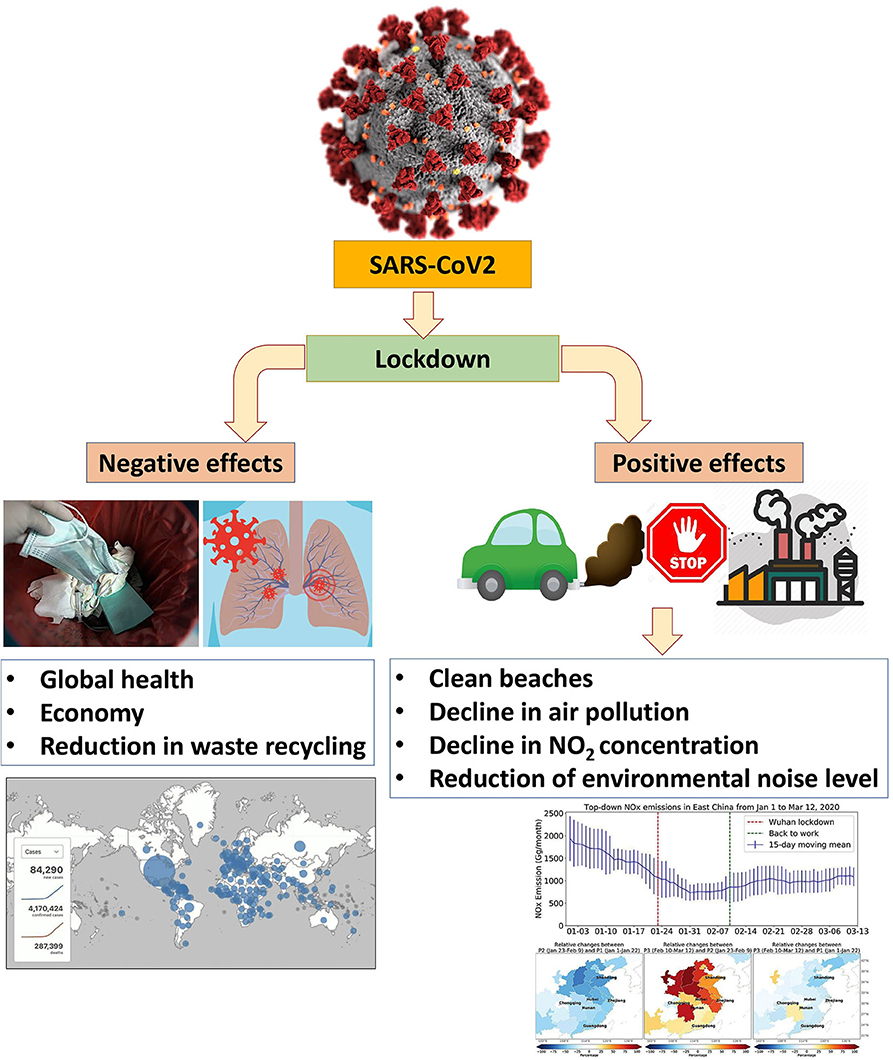
Recent data indicate that while vaccination campaigns have significantly reduced the number of severe cases and fatalities, the virus still spreads and claims lives, particularly in regions with low vaccination rates and inadequate healthcare infrastructure. WHO Director-General Dr. Tedros Adhanom Ghebreyesus highlighted that COVID-'s impact remains profound, urging international cooperation to address the ongoing challenges.
The persistence of COVID- deaths underscores the importance of maintaining and enhancing public health interventions. Vaccination remains the most effective tool in combating the virus, reducing both the severity of infections and the transmission rate. However, vaccine inequity continues to be a critical issue, with many low- and middle-income countries struggling to access sufficient doses. This disparity has led to uneven progress in controlling the virus, with some regions experiencing higher mortality rates.
In addition to vaccination, the WHO recommends continued adherence to preventive measures such as mask-wearing, hand hygiene, and physical distancing. These measures are particularly crucial in areas where the virus is still actively spreading. Health authorities also stress the importance of testing and contact tracing to quickly identify and isolate new cases, thereby preventing outbreaks.
The emergence of new variants remains a concern, as they can potentially evade immunity from previous infections or vaccinations. WHO experts are closely monitoring the situation, conducting research to understand the impact of these variants and adjusting public health guidelines accordingly. This adaptive approach is necessary to respond effectively to the evolving threat posed by the virus.
Despite the challenges, there have been significant strides in managing the pandemic. The development of antiviral treatments and improved clinical care has contributed to a decrease in mortality rates among hospitalized patients. Moreover, public awareness and compliance with health guidelines have played a crucial role in mitigating the virus's spread.
The WHO continues to work with governments, health organizations, and communities to strengthen global health systems. Efforts are focused on improving vaccine distribution, enhancing surveillance systems, and supporting healthcare workers on the front lines. These initiatives aim to build resilience against COVID- and other potential health crises.
Public health officials caution against complacency, reminding the global community that the virus remains a formidable foe. As countries navigate the complexities of reopening and returning to normalcy, it is essential to balance economic recovery with health considerations. The pandemic has underscored the interconnectedness of global health, highlighting the need for a coordinated and sustained response.
The WHO's latest report on COVID- mortality serves as a sobering reminder of the ongoing impact of the virus. While progress has been made, the fight against COVID- is far from over. Continued efforts in vaccination, public health measures, and international cooperation are vital to reducing the virus's toll and ultimately overcoming the pandemic.
Topics
Live News
